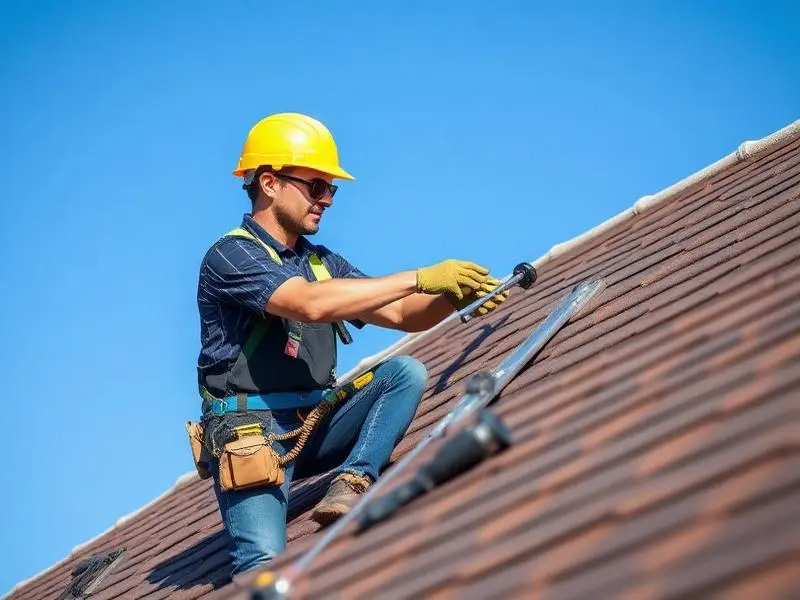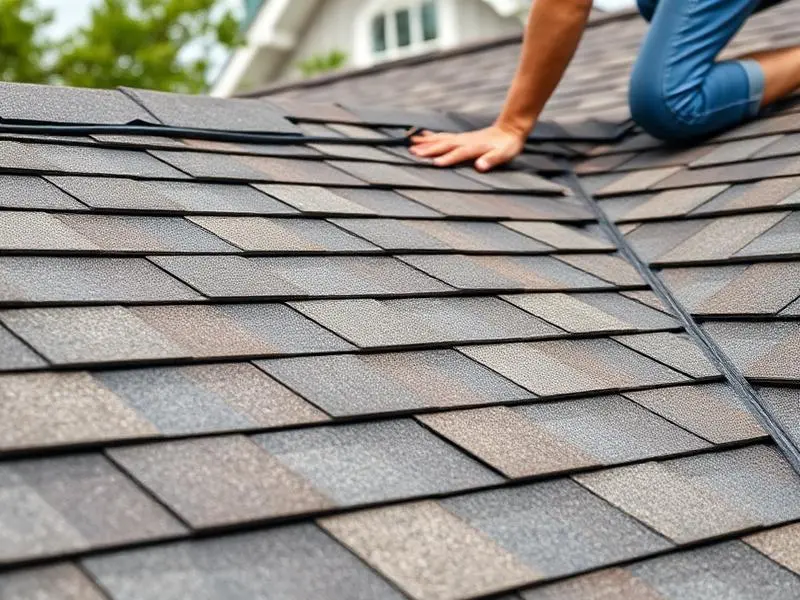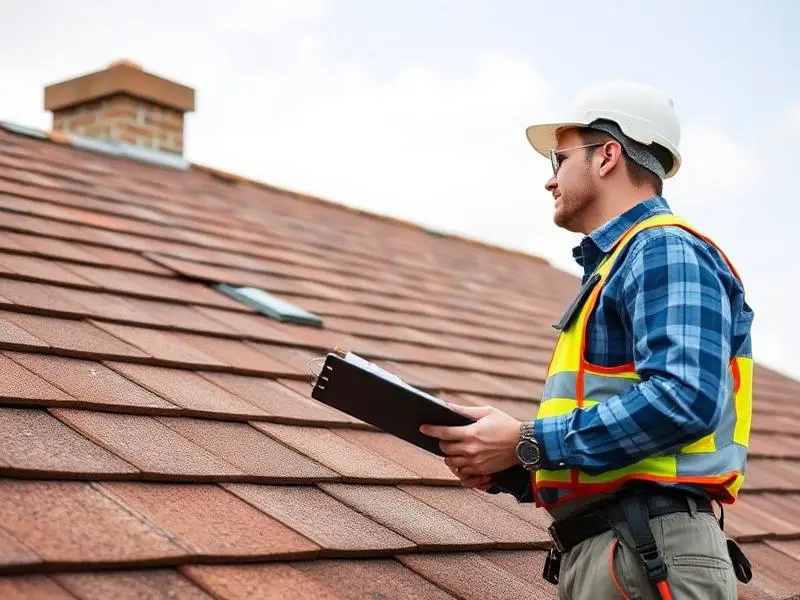Quality Materials
We use products designed to seal, waterproof, and weatherproof your structure effectively.
Timely Service
Efficient project completion with minimal disruption to your daily routine.
Professional Work
Experienced contractors dedicated to quality installation and customer satisfaction.
Our Roofing Services
Specialized in new installations and complete roof replacements for residential properties

New Roof Installation
Complete installation of quality roofing systems designed to protect your home for years to come.

Roof Replacement
Full roof replacement services using durable materials that seal and weatherproof your structure.

Professional Consultation
Expert guidance on selecting the right roofing solution for your property and budget.
Frequently Asked Questions
Find answers to common questions about our roofing services
Most of our roofers offer same-day or next-day inspections. For active leaks or storm damage, many can tarp your roof or start emergency repairs within 1–4 hours.
Yes — every roofer is fully licensed, carries general liability insurance, and has workers’ comp so you’re never at risk.
Absolutely. You’ll receive a detailed written estimate (often free) before anything is done — no surprises.
Yes! Roof emergencies don’t wait — our roofers are on call 24/7, including weekends and right after major storms.
Everything: leak repair, leak, repair, full roof replacement, shingle, metal, tile, flat roofs, emergency tarping, storm/hail/wind damage, missing shingles, skylight leaks, chimney flashing, gutter issues, and insurance claims help.
You get connected live to a local roofing contractor or their dispatcher immediately — no phone trees.
Yes — most jobs come with at least a 5–10 year workmanship warranty plus full manufacturer warranties (up to lifetime on shingles).
Definitely. Call now, tell us what’s happening (leak, missing shingles, age of roof, etc.), and we’ll give you an honest price range for free.